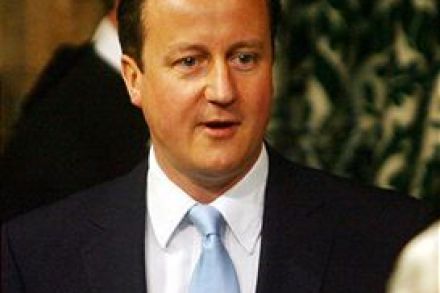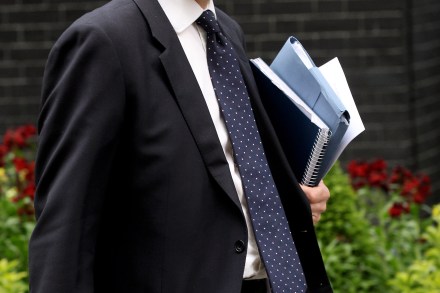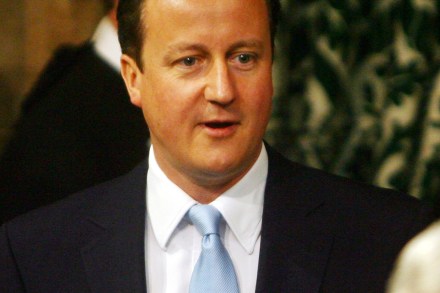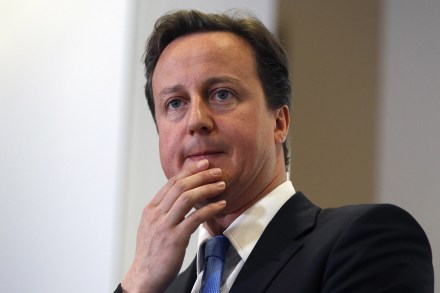A new approach to party management
The newly-elected 1922 Executive is another demonstration of the strength of the right wing of the Conservative party. Paul Goodman notes that of the seven MPs elected to the executive who were are not new to Parliament, six are on the right. The only one who isn’t is Nick Soames, who is a special case. As one member of the ’22 executive said to me earlier today, Soames, because of his immense popularity and standing in the party, transcends his factional labelling. Of the five new MPs elected to the exec, three — Robert Halfon, Charlie Elphicke and Priti Patel — are definitely on the right of the party. On


















